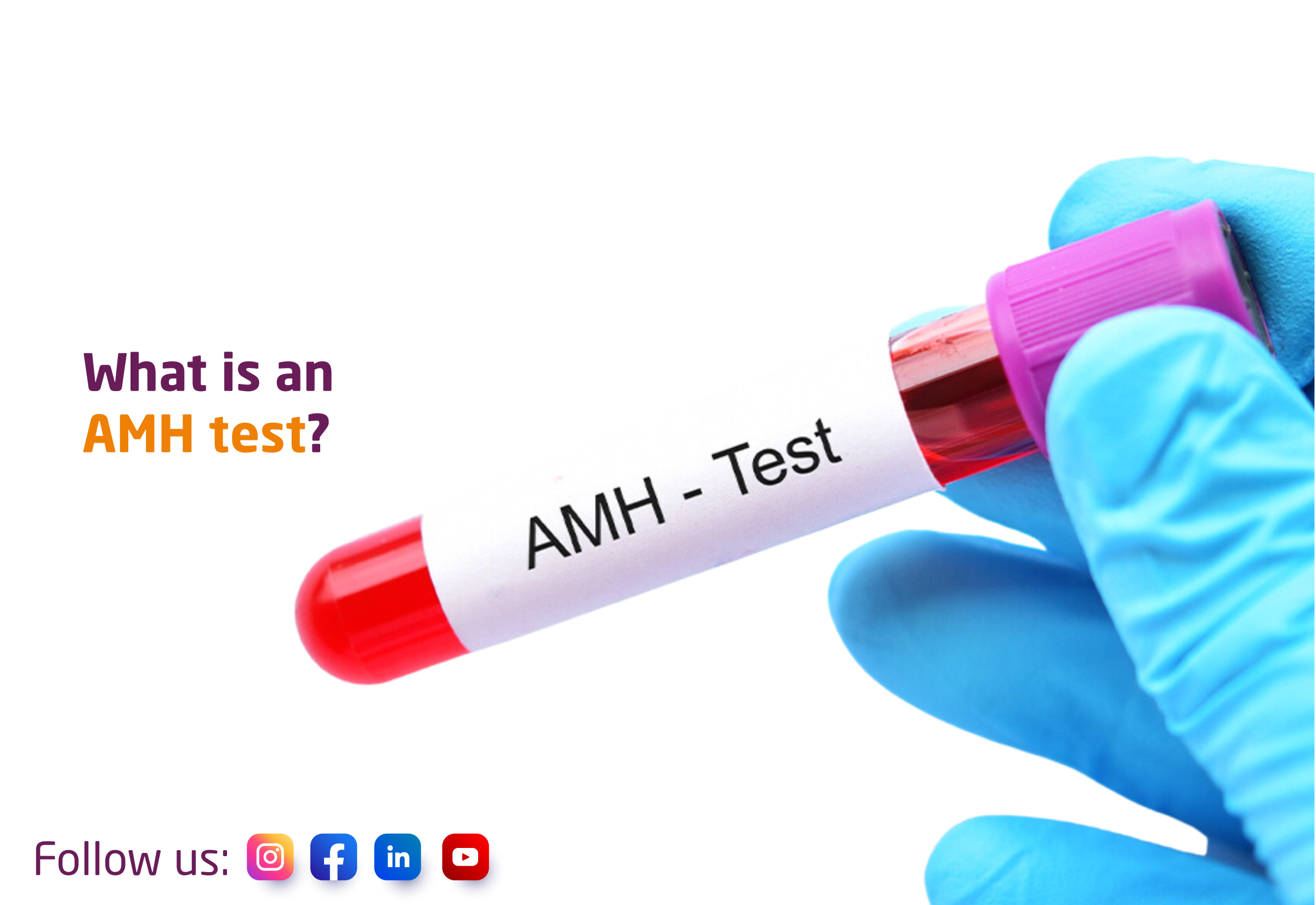What is an AMH Test?
The Anti-Mullerian Hormone (AMH) test is a blood test used to assess ovarian reserve in females. This test is especially useful for women who are planning to conceive and want to know about their fertility status. The test measures the level of AMH hormone in the bloodstream which is produced by the cells in the ovaries.
The level of AMH hormone in the bloodstream is an indicator of the number of eggs present in the ovaries. As women age, the number of eggs in their ovaries decreases, and the level of AMH hormone in their bloodstream also drops. This test is useful to predict a woman’s ovarian reserve, which is the number of eggs remaining in the ovaries.
The AMH test is a useful tool for doctors to determine a woman’s fertility status. If a woman has a low AMH level, it could indicate that she has a low ovarian reserve, which may make it difficult for her to conceive. However, it is important to note that this test is not the only factor in determining a woman’s fertility. Other factors like age, medical history, and lifestyle also play a role in fertility.
Related: IVF With Low AMH: Is IVF Possible With Low AMH?
When is the AMH test done?
The AMH test is typically done on the third day of the menstrual cycle when the level of AMH hormone in the bloodstream is at its highest. The test can be done at any time of the month, but the results may not be as accurate as on the second or third day of the menstrual cycle.
The test is also done when a woman is undergoing fertility treatment, such as in-vitro fertilization (IVF), as it can help predict the success of the treatment. Women who are planning to delay pregnancy may also choose to take the test to assess their fertility status.
How is the AMH test done?
The AMH test is a simple blood test that can be done at a doctor’s office or a lab. The procedure involves taking a small sample of blood from a vein in the arm. The blood sample is then sent to a lab for analysis.
The results of the test are typically available within a few hours. The level of AMH hormone in the bloodstream is usually measured in nanograms per millilitre (ng/mL). A higher level of AMH hormone in the bloodstream indicates a greater number of eggs in the ovaries, while a lower level of AMH hormone indicates a lower number of eggs.
Interpreting the results of the AMH Test
The AMH test can help women and their doctors understand their fertility status. However, it is important to note that the results of the test are not always conclusive. The test can provide an indication of a woman’s ovarian reserve, but it cannot predict with certainty whether or not she will be able to conceive.
If a woman’s AMH level is low, it does not necessarily mean that she will not be able to conceive. However, it may indicate that she may have difficulty conceiving and need to consider fertility treatments. If a woman’s AMH level is high, it may indicate that she has a good ovarian reserve and may have a better chance of conceiving naturally.
It is important to remember that the AMH test is just one tool in assessing a woman’s fertility status. Other factors like age, medical history, lifestyle and several other factors also play a role in fertility.
Conclusion
The AMH test is a useful tool for assessing a woman’s fertility status and indicates ovarian reserve. The test can help women and their doctors understand their fertility status and make informed decisions about their reproductive health. However, it is important to note that the test is not always conclusive and should be considered alongside other factors.
It is also important to understand that the AMH test does not diagnose infertility. Infertility is a medical condition that requires a diagnosis from a fertility specialist. The AMH test can provide information on a woman’s ovarian reserve, but it cannot predict with certainty whether or not she will be able to conceive.
The AMH test is also not a test that is used to predict menopause. Menopause is a natural process that occurs when a woman’s ovaries stop producing eggs.
It is important for women to have open and honest discussions with their doctors about their reproductive health and to seek the advice of a fertility specialist if necessary.
